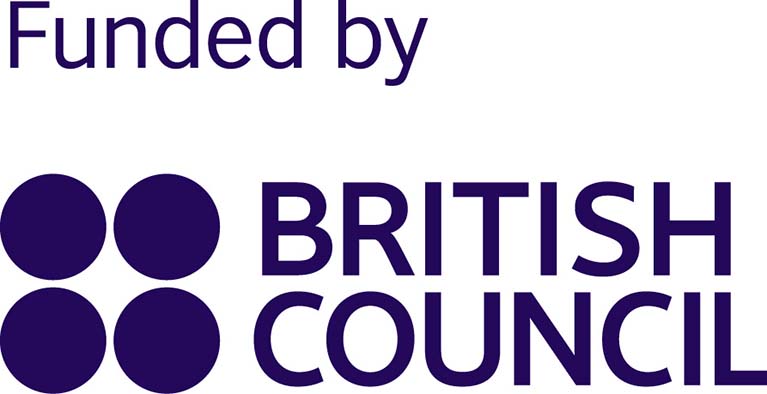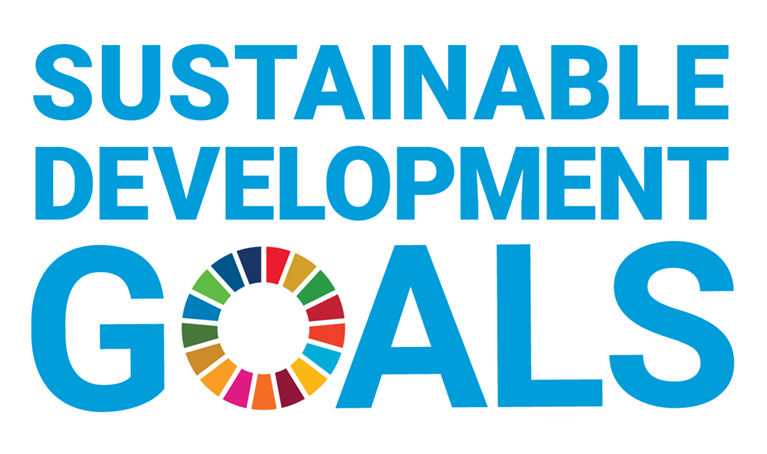Funder
British Council Research Links Climate Challenge
Value
Total value: £49,298
Value to Coventry University: £10,000
Collaborator
University of Cape Town (UCT)
Team
Michel Pimbert, Nina Moeller, Bastien Dieppoise, and George McAllister
Duration
15th February 2021 - 30th April 2022
CAWR Theme
Policies and institutions for resilient food and water systems
Fundamental Processes and Resilience
Sustainable Development Goals
GOAL 2: Zero hunger
GOAL 5: Gender equality
GOAL 10: Reduced inequalities
GOAL 13: Climate action
GOAL 15: Life on Land
Project overview
In the run-up to COP26 in Glasgow, this collaboration between CAWR and the University of Cape Town will forge ECR networks between the UK and South Africa to co-generate research focusing on: 1) Adaptation & Resilience: to promote social and political transitions towards climate resilient food systems through adaptive farming strategies; 2) Nature: to research the application of nature-based farming solutions to protect and restore ecosystem functions on which soils, water, livelihoods and climate depend; and 3) Finance: to advocate for a transformation of international agriculture funding and investment priorities, and public procurement in support of more equitable and resilient food and farming systems.
Invitation to Early Career Researchers to participate
Are you interested in building your network of peers and mentors on transdisciplinary and action research for climate justice? We invite early career researchers (ECRs) from South Africa and the UK, from academia and civil society organisations to join a cohort of 40 early career researchers to join us in this 10-month process from May 2021 to March 2022. Find out more.
Researcher Links Workshops
The purpose of the workshops is to develop an interdisciplinary network of ECRs in South Africa (SA) and UK specialising in food and farming systems transformation in an era of acute climate uncertainty. Forty ECRs from academic institutions and civil society organisations in the UK and SA will be invited, through an open process, to participate in a series of online workshops. These are designed to focus on the 3 key themes (resilience & adaptation, nature and financing) and contribute research outputs to COP26. Workshops aim to build research skills, facilitate networking, and to prepare ECRs to develop collaborative proposals to be presented and evaluated by a panel. The process provides an opportunity to bridge different 'ways of knowing' and engage with deliberative consensus-forming processes across disciplinary perspectives. With a focus on re-orientating financing for agroecological transitions to stimulate adaptation and resilience through nature-based farming solutions, workshops link closely with the SDGs. As climate change, food systems, seed, soil and water, gender and political ecology specialists we will promote critical ECR collaborations between natural and social scientists, drawn from both academia and civil society networks across urban and rural spaces.
Six workshops (totalling 18 hours) will take place over three months (May-July) in 3-hour sessions delivered in the mornings and evenings to optimise accessibility.
Challenge Prize Research Projects
Mentored by specialists within the project team, an anticipated four successful projects will be awarded a Challenge Prize to conduct transdisciplinary research over a period of six months. This research will then be translated and communicated into various forms of accessible media.
The Challenge Prizes will facilitate the co-production of research with vulnerable, small-scale producers and other food system actors in SA inhabiting some of the most fragile landscapes exposed to acute water scarcity, soil erosion and land pressures, who are at the forefront of grassroots initiatives that respond to climate change impacts on food and farming systems. Our focus emphasises the co-generation of socially inclusive research capable of collectively restoring ecosystem functions and building adaptive capacities for climate resilient food & farming.
NOTE: In anticipation of ongoing COVID-19 restrictions, and with the climate costs of UK>SA travel, ECRs will be expected to work creatively and divide their work packages. While having joint responsibility for conceptualisation, analysis and Challenge project reporting, UK ECRs may be expected to undertake desktop research on ie. policy drivers; while SA ECRs undertake COVID-compliant fieldwork on their impacts (ie. on natural resources, landscapes and livelihoods), using video or other tools to share such as focus group discussions, iterviews and field observations with UK colleagues.
Project objectives
OBJ. 1 Develop an interdisciplinary network of ECRs in SA and UK to strengthen skills and capabilities for collaborative working and co-production of high-quality research on climate resilient food systems with real-world impacts.
OBJ. 2 Discuss, plan, and build up a network for longer-term collaboration between participating institutions and specialists (e.g. project proposals & ECR fellowships; co-author papers; staff exchanges).
OBJ. 3 Co-develop and -present high-quality research, through creative multi-media tools and channels, disseminated at high-level fora for evidenced-based policy making.
We anticipate these being achieved by:
- Introducing ECRs to intersecting themes within food systems research through keynotes and break-out discussions.
- Providing opportunities for ECR research sharing and networking during ECR presentations on their own research interests.
- Team-building for intersectoral and interdisciplinary research and collaborations supported by mentors (through to implementation, M&E and reporting).
- Strengthening research capacities and developing skills – participatory action research conceptualisation and proposal, report and policy brief writing.
- Producing one or more briefs that contribute to CAWRs Transforming Food Systems policy and podcast series.
- Supporting ongoing collaboration through learning platforms, including an opportunity for shared experiences of the Challenge Prize research journey, and pursuing research funding opportunities.
Impact statement
Activities focus on delivering impact across the following areas to enhance the resilience and equitability of food and farming systems, thereby improving prospects for economic and social gains by:
- Forging interdisciplinary and multi-sectorial research collaborations on nature-based farming for climate resilient food systems that protect and restore ecosystem functions.
- Co-producing evidenced-based research to advocate a transformation of international agriculture funding and investment priorities that complies with climate commitments.
- Co-creating an enduring network of academics and non-academic stakeholders for ongoing knowledge exchange that supports new and innovative research.
- Enhancing cross-disciplinary learning that engages border zones between the academy, public sector and civil society, and between theory and practice, knowledge and human agency.
Locally, impacts will be achieved by:
- Co-developing research method/tools that result in locally designed solutions.
- Establishing of formal links and working relationships between different stakeholder layers.
- Strengthening the capacities and confidence of researcher to enable engagement with development actors to inform initiatives and decision-making.
The Challenge prizes will multiply expected benefits and extend impacts beyond the project timeline. They will fund important research on how climate resilient food and farming systems can better serve UK and SA climate change commitments, and identify priority areas that contribute to social and economic gains for the most vulnerable producers. It also represents an important opportunity for these voices, through the work of ECRs, to be amplified at high-level policy fora - calling on greater investment in agroecology to address the compound pressures on global food and farming.
The project and engaged ECRs will draw on existing networks/contacts, enabling knowledge exchange, adaptive working practices, identifying community actors for co-generative research, and audiences for dissemination /engagement; and will be supported in delivery by sharing of networks/contacts, engagement, and creating legacy for the work.
It is anticipated that the research will contribute to the work of NGOs CSOs and farmer networks working directly with small-scale resource users that CAWR and UCT are allied with, e.g. Alliance for Food Sovereignty in Africa (AFSA), the Seed and Knowledge Initiative (SKI). It will also contribute CAWR's engagement at the UN's World Food Systems Summit (UNFSS) in September 2021, and the UN Climate Change Conference, COP26 in November 2021. It will also contribute to ongoing work with policy makers at international institutions, including the UN's Food and Agriculture Organisation (FAO), the World Food Programme (WFP) and the International Fund for Agriculture Development (IFAD) with which CAWR has research and consultancy engagement; the and the APPG on Agroecology.
Outputs
Project reports and Challenge Prize awardee reports. Two policy briefs and two podcasts will be promoted as an integral part of CAWR's high profile policy brief series.
These dual approach will include policy-oriented text (briefs) complemented by conversational, engaging and transmedia presentation of the issue and policy recommendations through the podcasts and a multimedia webpage to reach more actors in civil society, policymakers and other institutional actors; and grow our interactions with, and readership of, our collective academic and non-academic publications. UCT and CAWR will co-author an op-ed, and promote and drive traffic to the outcomes to its Transforming Food Systems series - all of which will be presented in a visual, compelling and interlinked way across our platforms.







